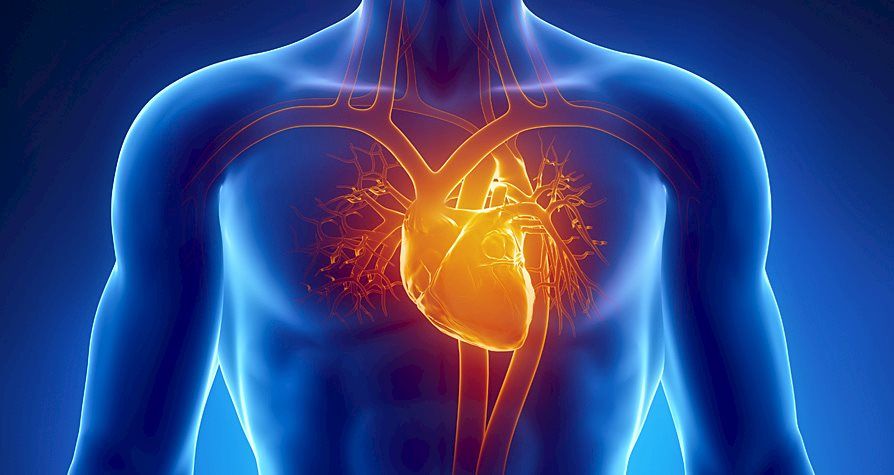Cytokinetics has increased investments in research and development that drive innovation and leadership in muscle biology.
This late-stage biopharmaceutical company is focused on discovering, developing and commercializing first-in-class muscle activators and second-in-class muscle inhibitors as potential treatments for debilitating diseases in which muscle performance is compromised and/or diminished.
How much has Cytokinetics invested? Its research and development spending was $240.8 million by 2022.
Earlier, the company invested $159.9 million by 2021 and $97.0 million by 2020.
So far, Cytokinetics has discovered and develops muscle-targeted investigational drugs that can potentially improve the health of people with devastating cardiovascular and neuromuscular diseases of impaired muscle function.
The company’s research and development activities that relate to the biology of muscle function have evolved from its knowledge and experience of the cytoskeleton, a complex biological infrastructure that plays a critical role within every human cell.
As a leader in muscle biology and the mechanics of muscle performance, the company develops small molecule drug candidates specifically designed to influence muscle function and contractility.
Muscle biology
All of the company’s drug candidates have emerged from its cytoskeleton research activities.
Each of Cytokinetics’ drug candidates has a novel mechanism of action compared to currently marketed drugs, which the company believes validates its focus on the cytoskeleton as a productive area for drug discovery and development.
The cardiac muscle contractility program focuses on the cardiac sarcomere, the basic unit of muscle contraction in the heart.
What is the cardiac sarcomere? It is a highly ordered cytoskeletal structure composed of cardiac myosin, actin and a set of regulatory proteins.
Cardiac myosin is the motor protein of the cardiac muscle cell cytoskeleton. It is directly responsible for converting chemical energy into mechanical force, which results in cardiac muscle contraction.
Thus, Cytokinetics’ most advanced cardiac program is based on the hypothesis that cardiac myosin activators can address certain adverse properties of existing positive inotropic agents.
![]()

